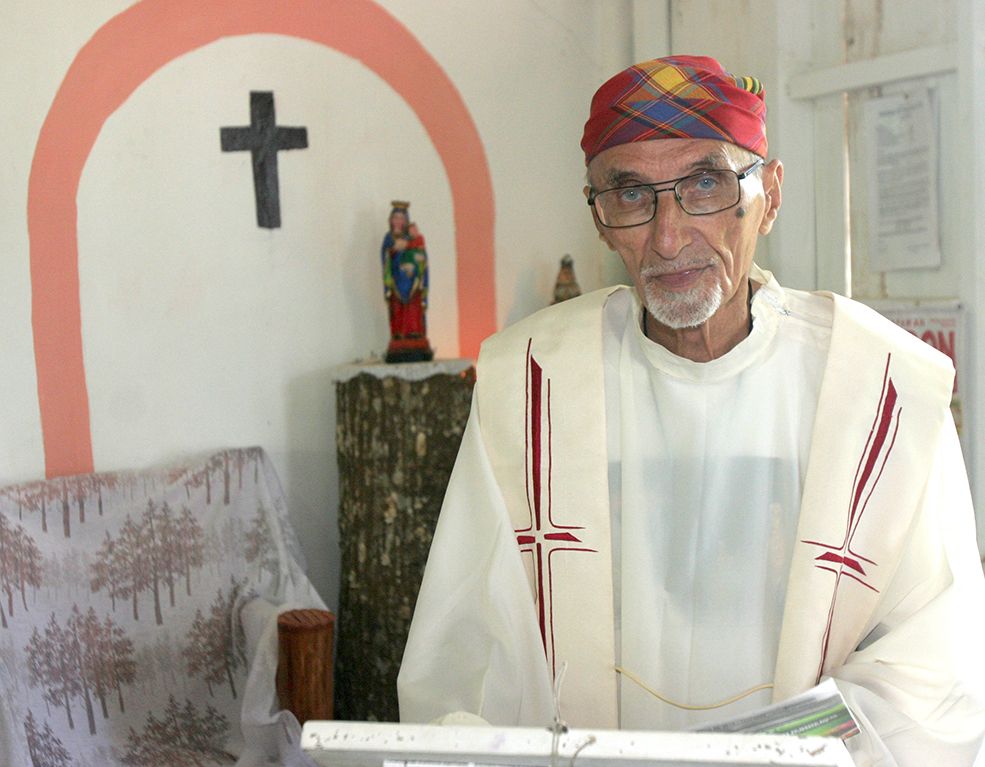“Anyone who inflicts a permanent injury on his or her neighbor shall receive the same in return: a fracture for a fracture, an eye for an eye, a tooth for a tooth” (Lev. 24:19-20). Thus, this Old Testament development in moral law insisted that one could inflict punishment on a person who injured him, but only to the same degree that he was hurt.
But when Jesus arrived, He brought this teaching to its highest moral level by declaring, “You have heard that it was said, ‘an eye for an eye and a tooth for a tooth.’ But I say to you, offer no resistance to one who is evil. When someone strikes you on your right cheek, turn the other one to him. … You have heard that it was said, ‘You shall love your neighbor and hate your enemy. But I say to you, love your enemies, and pray for those who persecute you.”
Here, Jesus further developed the fifth commandment to its fullest meaning: an absolute ban on all killing. The first generations of Christians took Jesus’ command not to kill seriously, even during times of severe persecution. But from the fourth century–when Christianity became legal–much of Christianity lost sight of Jesus’ teaching against all killing.
In modern times, however, the Catholic Church has come full circle on the death penalty. St. Pope John Paul II taught that legitimate cases calling for capital punishment “are very rare, if practically non-existent.” Pope Francis developed this to its full conclusion by declaring that “the death penalty is inadmissible.” This declaration by the Holy Father necessitated a change in the Catechism of the Catholic Church.
The new Catechism says that “There is an increasing awareness that the dignity of the person is not lost even after the commission of very serious crimes. … More effective systems of detention have been developed, which ensure the due protection of citizens but, at the same time, do not definitively deprive the guilty of the possibility of redemption.
“Consequently, the Church teaches, in light of the Gospel, that the death penalty is inadmissible because it is an attack on the inviolability and dignity of the person, and she works with determination for its abolition worldwide.”
According to Amnesty International, 55 countries still use the death penalty, including Iran, North Korea, and 27 states in the U.S. After the total nonviolent teachings of Jesus, the strongest reason for banning the death penalty is the possibility of executing an innocent prisoner.
God of life and love, may we finally learn your way that killing is never the answer.


























